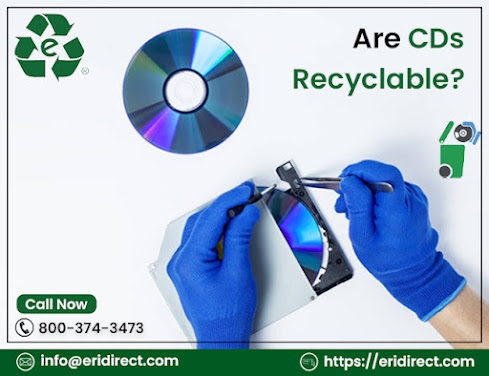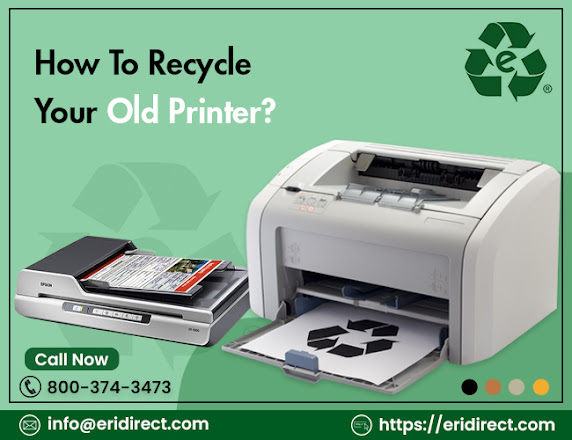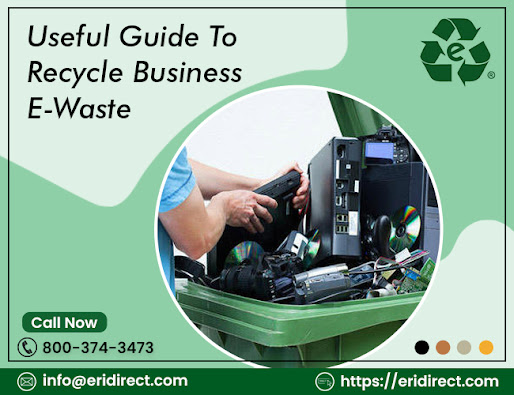Secure And Sustainable Server Decommissioning Services

In today's digital age, businesses rely heavily on their IT infrastructure, including servers, to carry out their daily operations. However, with the rapid pace of technological advancements, servers have a limited lifespan, and businesses must replace them with newer and more efficient models. When replacing a server, businesses must decommission the old one in a way that is secure, efficient, and environmentally responsible. This is where secure and sustainable server decommissioning services come in. In this blog, we will explore the importance of server decommissioning services for electronic waste data destruction and how they can help businesses. The Importance Of Secure And Sustainable Server Decommissioning Services Server decommissioning services are essential for businesses looking to upgrade their IT infrastructure or dispose of their old servers. The process of decommissioning servers involves securely erasing data, disassembling the server components, and responsibly
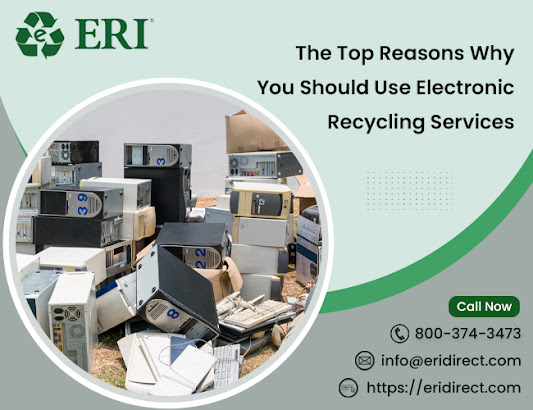


.png)

.jpg)

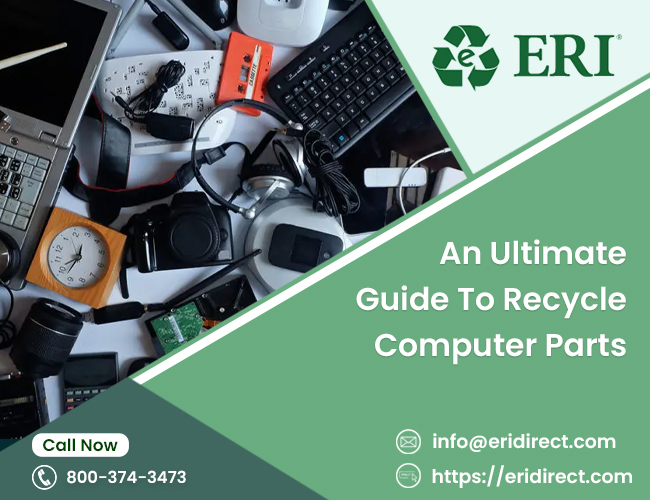

.png)


.jpg)

